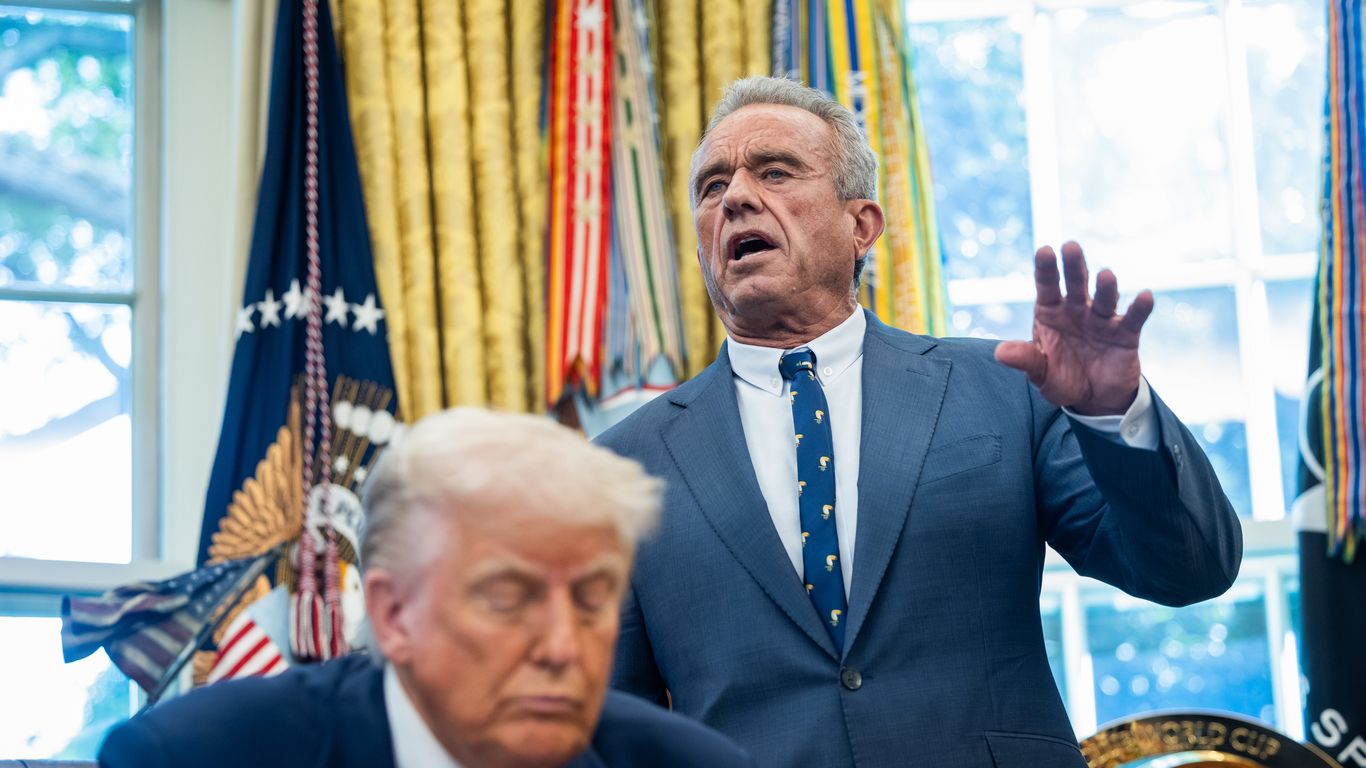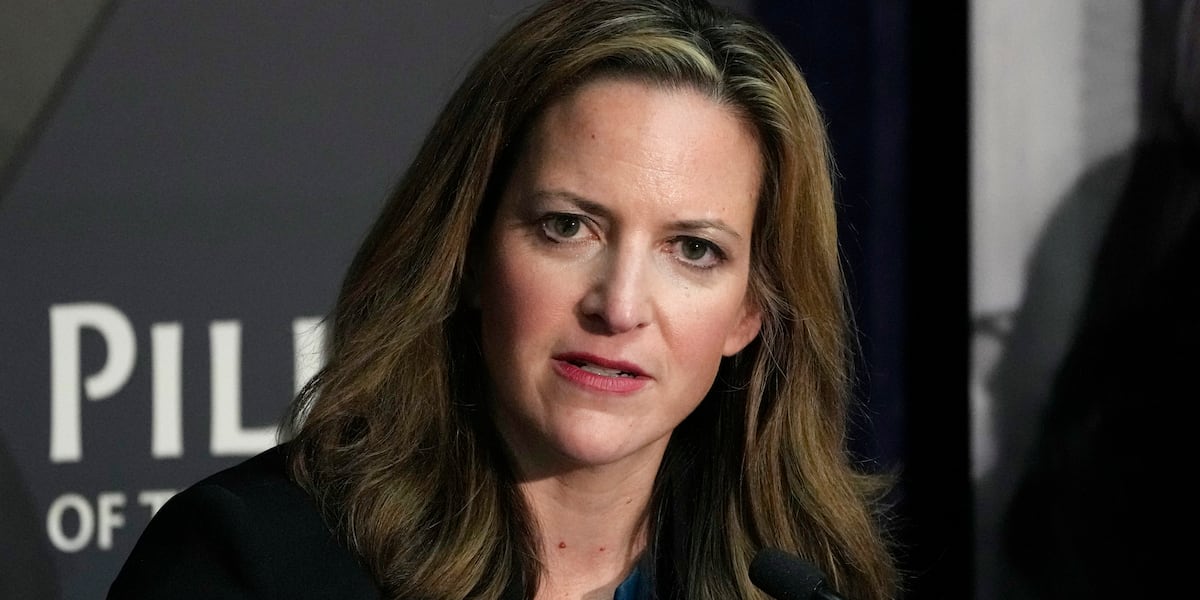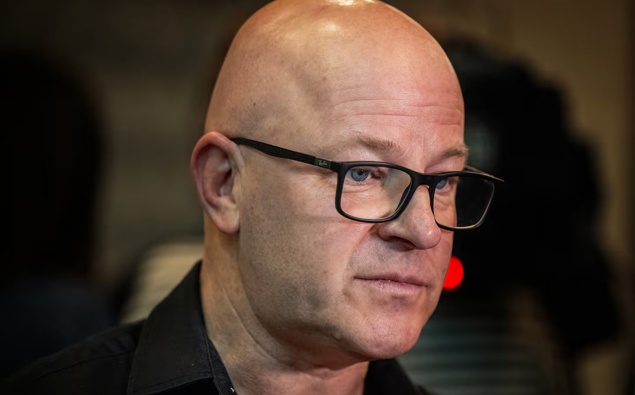Alarm Bells Ring: Proposed HHS Cuts Threaten Critical Indian Health Services

Indian Health Services Faces New Crisis as HHS Budget Cuts Loom
A growing chorus of concern is echoing across Washington as senators warn that proposed cuts to the Department of Health and Human Services (HHS) could severely jeopardize the already strained Indian Health Services (IHS). For years, IHS has struggled to provide adequate healthcare to Native American communities, and these potential cuts risk exacerbating existing problems and pushing the system to the brink.
A History of Shortages and Challenges: The IHS, responsible for delivering healthcare services to federally recognized tribes and their members, has long faced systemic underfunding and staffing shortages. While some IHS staff have been shielded from certain cuts and hiring freezes since the beginning of the Trump administration, the loss of vital support personnel – those crucial to the agency's administrative and operational functions – has only amplified the pre-existing clinical staffing crisis.
The Ripple Effect of Cuts: These non-clinical staff play a critical, often unseen, role. They manage essential tasks like data processing, billing, grant administration, and logistical support. Reducing their numbers doesn't just impact administrative efficiency; it directly impacts the ability of clinicians to provide care. With fewer support staff, doctors and nurses are burdened with additional paperwork and logistical hurdles, diverting their time and energy away from patient care. This leads to longer wait times, reduced access to services, and ultimately, poorer health outcomes for Native American communities.
Senators' Concerns and Call to Action: A bipartisan group of senators is now raising serious concerns about the potential impact of these HHS cuts. They argue that dismantling the support structure of IHS is akin to crippling the entire healthcare system. Their statements highlight the urgency of the situation and call for Congress to prioritize funding for IHS and protect these essential support roles.
Beyond the Numbers: The Human Cost: The issue isn't just about budget figures; it's about the health and well-being of vulnerable communities. Native Americans already experience significant health disparities compared to the general population. Reduced access to healthcare due to staffing shortages and administrative inefficiencies will only widen this gap, leading to preventable illnesses, chronic conditions, and even premature deaths.
Looking Ahead: Protecting IHS for Future Generations: The senators' warning serves as a critical reminder of the ongoing challenges facing IHS and the importance of sustained investment in Native American healthcare. Protecting these vital services is not just a matter of policy; it's a moral imperative. The future health of Native American communities depends on Congress taking decisive action to safeguard IHS and ensure that all citizens have access to quality healthcare, regardless of their location or background.






